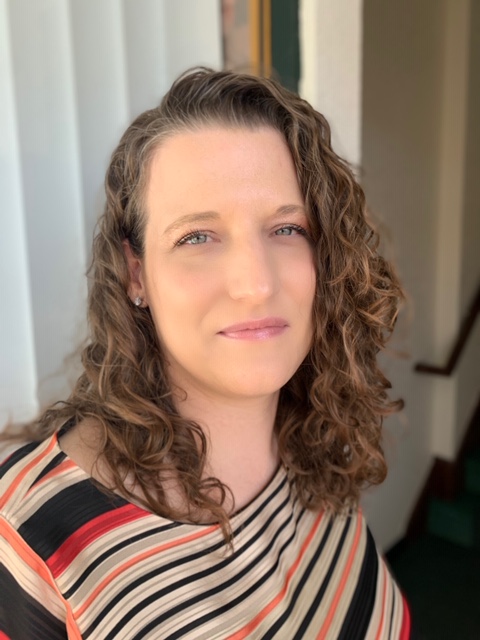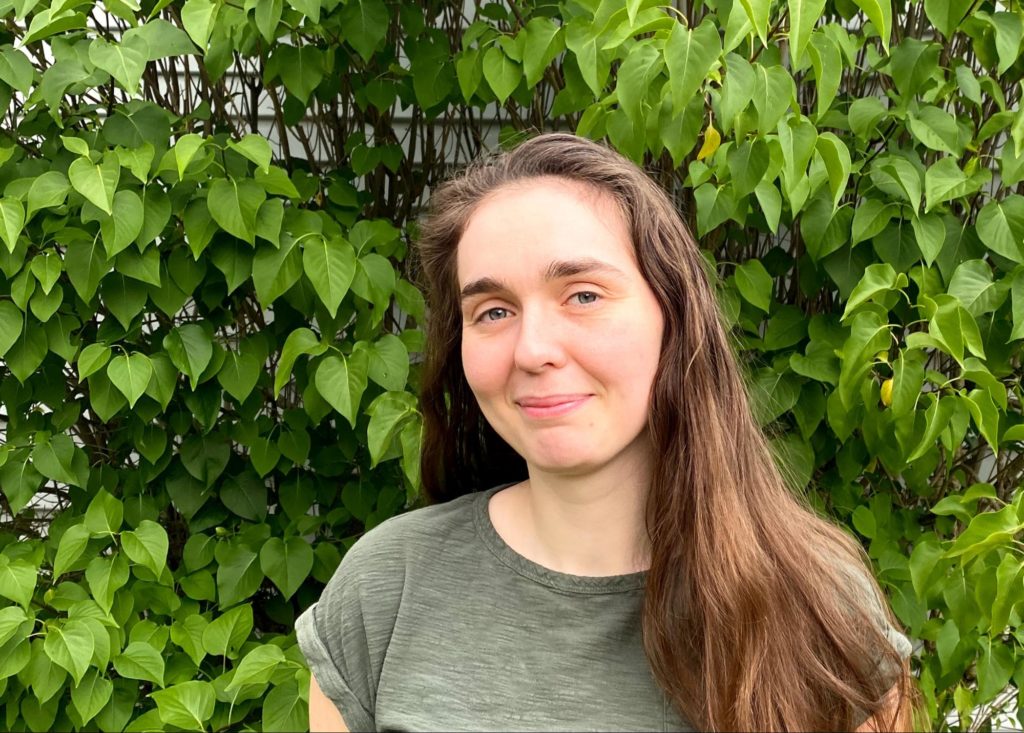This piece was co-authored by Tabitha Ellison and Joanna Brodziak who teach special education in the Steilacoom Historical School District.
When school closed in mid-March due to COVID-19, our team’s roles shifted suddenly, and we were no longer able to serve our students in person. It was a common theme across the globe — and it continued through the school year. While it presented a lot of challenges, the silver lining was that we were able to provide additional professional development for our teams. Prezi and Prezi Video played a huge role in bundling up and delivering our content in a flipped classroom.
We are both special education teachers working in the Steilacoom Historical School District in Washington State. We teach in self-contained special education classrooms using the TEACCH model in primary and elementary schools, and we work with a team of other teachers and paraeducators to support our students.
During the typical school year, our professional development often focuses on the concrete how-tos to make the classroom logistically run smoothly. The closure gave us the opportunity to explore more foundational concepts in special education and work towards our team’s shifting mental models about working with students with disabilities. We used Prezi to implement a flipped classroom structure and guided our team through Neural Education’s challenge mosaic, then followed up with a video call to discuss our new thinking. We were flipping our PD.
The challenge mosaic allowed the team to engage in metacognitive processes by gathering their thoughts on an initial challenge question, taking them through several resources related to the topic, and then guiding them through reflective questions to understand their shifted thinking around the initial question. In addition to outside resources (articles, videos, images), we also used Prezi Video to create our own content related to the topic in order to bring in elements from our classrooms and school district.
Given recent events, we are sharing one of the presentations (with embedded Prezi videos) that we created for teachers on implicit bias. Feel free to copy, reuse, and add your own content for your own trainings.
School closure has been a difficult time for our students and staff, but it has pushed us into places of growth and creativity that will make us better educators when we all return. We learned an effective way to provide training and professional development that we can use when we can be physically together again. We knew about the idea of a flipped classroom, but had never thought to use it in terms of professional development. Prezi gave us all of the tools we needed to put our resources together in a way that would be intuitive for our team to follow.
Prezi Video is a very simple video making tool. The biggest learning curve we experienced was getting comfortable recording ourselves on video. We had to come to terms with the fact that it doesn’t have to be perfect to be effective! At first, we couldn’t stop laughing every time we pressed record on our Prezi videos — we were a mess. We made a rule of no more redos! It got easier week by week, and one week we even recorded 4 videos in about 30 minutes! We really started to enjoy making them.
So during this time of schedules filled with video conferencing, flip your PD! No one wants to watch a lagging video in a muted group of people. Using a flipped classroom and providing the resources ahead of the virtual face-to-face allows for more personal reflection and deeper conversations in your professional development.
About the authors

Tabitha Ellison currently works as a special education teacher in Steilacoom Historical School District, and will serve as the Assistant Director of Special Education beginning in the fall of 2020. Tabitha has cultivated a growing interest in connecting neuroscience to teaching and learning for all students explicitly guiding them in autonomy, self-regulation and self-efficacy.

Joanna Brodziak has been a special education teacher for three years, most recently working in Steilacoom Historical School District in a self-contained classroom. Joanna’s interests in equity, neuroscience, and inclusion have led to action research and a growing expertise in professional development. Beginning in the fall of 2020, Joanna will serve as the district’s behavior support teacher.
